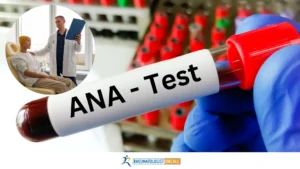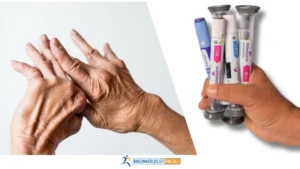SHARE
What are the newest recommendations for COVID-19 vaccines in people with autoimmune diseases?
In this article, we will discuss the new guidelines for Covid-19 vaccines in patients suffering from autoimmune diseases or taking immunosuppressive treatment. Many patients ask what kind of vaccine is more protective? Other patients ask if they need a boost at this time?
I will answer all these questions.
First of all, patients with autoimmune diseases requiring immunosuppressive treatments require attention when infected with any virus. Their immune system might be too weak to deal with the virus due to their illness or treatment. There is nothing better than prevention or prophylaxis. The best way to fight a virus is to prepare the body by previous exposure to the whole virus or proteins that are part of the virus structure.
Second, when two COVID -19 vaccines came on the market, about the same time, many of my patients naturally wanted to know which one is the best?
Which one is safer Pfizer vs Moderna vs J&J vaccine ?
When the third vaccine, Johnson & Johnson’s Janssen, entered the market, patients were more confused. They were asking is one dose vs two doses going to offer enough protection? No rheumatologist knew the answer.
What are the rheumatologist recommendations?
The American College of Rheumatology just released the new guidelines for Covid-19 vaccines. Their latest recommendations that I want to share with all of you. They recommend mRNA vaccines over Johnson & Johnson’s (J&J) Janssen vaccine.
They do not recommend one mRNA vaccine vs. the other.
Is a vaccination boost recommended?
YES. The American College of Rheumatology recommends a boost at least 28 days after the second dose of mRNA vaccines.
Are the Covid-19 vaccines safe?
Despite the possible side effects of vaccines, the benefit of getting the vaccine outweighs the risk. COVID-19 is a severe infection and can be more severe in patients with autoimmune diseases and under immunosuppressive medication. Get vaccinated.
If you want more information about the COVID-19 vaccines, read more here.
Are you looking for a clinic where you can get your vaccine? You can find one here.
About the Author
 Diana Girnita, MD, PhD is an US board certified internal medicine and rheumatology. She completed a PhD in immunology, postdoctoral fellowship at Harvard University, immunology fellowship at University of Pittsburgh and rheumatology fellowship at University of Cincinnati. She is the founder & CEO of Rheumatologist OnCall, a telemedicine company that serves multiple states in the US. Dr. Girnita is a graduate of the Nutrition Science course from Stanford University. Dr. Girnita was recognized many times with “Top Doctor” award (2017-2020) and is frequently invited speaker of the US National Arthritis Foundation. Read more
Diana Girnita, MD, PhD is an US board certified internal medicine and rheumatology. She completed a PhD in immunology, postdoctoral fellowship at Harvard University, immunology fellowship at University of Pittsburgh and rheumatology fellowship at University of Cincinnati. She is the founder & CEO of Rheumatologist OnCall, a telemedicine company that serves multiple states in the US. Dr. Girnita is a graduate of the Nutrition Science course from Stanford University. Dr. Girnita was recognized many times with “Top Doctor” award (2017-2020) and is frequently invited speaker of the US National Arthritis Foundation. Read more















